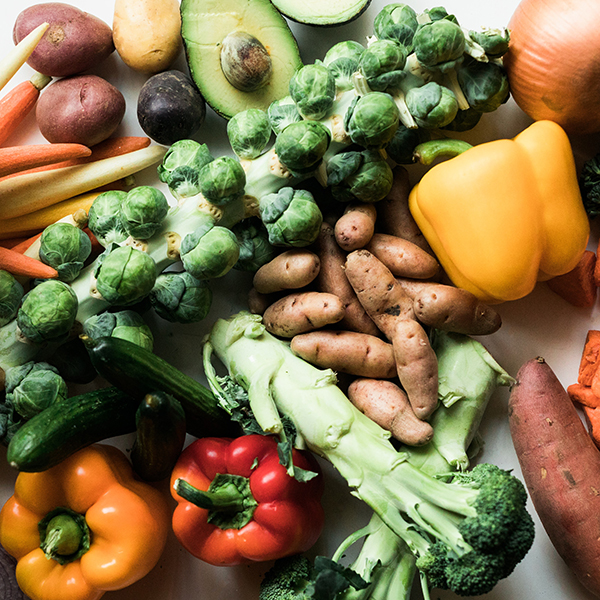
Your brain health is important for the overall health of your body. The brain allows you to think, feel, breath and function as you should day in and day out. But unfortunately, as you age, your brain ages, too. In order to keep your brain in peak working condition, there are lifestyle changes you can make.
One of the most important changes has to do with your nutrition. Following a proper diet and eating healthy foods can help keep your brain sharp.
Long-Chain Omega 3 Fatty Acids
EPA and DHA are two fatty acids that are essential for brain health and function. Unfortunately, our bodies can’t produce these fatty acids on their own, which means we have to get them from food sources. DHA and EPA have been shown to reduce inflammation and lower the risk of a number of chronic diseases. Omega 3 fatty acids can be found in: salmon, tuna, eggs and flax.
Studies show that substituting salmon for meat a couple times per week can slow mental degeneration. Salmon – and other cold-water fishes like tuna, sardines, and halibut – contain high amounts of omega-3 fatty acids like docosahexaenoic acid (DHA). “DHA is the most abundant fatty acid in the brain. It makes sense that if you have higher levels of DHA in the blood, then the brain will operate more efficiently,” said Andrea Giancoli, registered dietitian and past Academy of Nutrition and Dietetics spokesperson. Low levels of omega-3 fatty acids in the blood have been linked to smaller brain volume and worse mental function performance.
Prebiotic Fiber
There are many health benefits to a high fiber diet. Fiber has been known to play a part in gut health, and research has recently shown a correlation between gut health and brain health. A diet that is high in prebiotic fiber allows good bacteria to grow in the digestive system. Prebiotic fiber serves as food for probiotics, and is found in whole grains, bananas, oatmeal, asparagus and legumes.
Vitamin K
Vitamin K is a fat soluble vitamin that has recently been identified to have anti-aging benefits. This vitamin can help to improve cognitive function and verbal memory. Recently, studies have shown that vitamin K may help to reduce the risk of Alzheimer’s disease. Kale, mustard greens, spinach, broccoli, brussels sprouts and prunes all have high levels of vitamin K.
Antioxidants
Antioxidants are known as brain protecting nutrients. There are two different kinds of antioxidants: flavonoids and non-flavonoids. Flavonoids are mainly found in plants, while non-flavonoids are found in minerals, plant pigments and vitamins. As a general rule of thumb, the brighter the color, the more disease-fighting antioxidants there are in the food. Antioxidants are found in cinnamon, cocoa, berries, tomatoes and dark chocolate.
Dr. Steven Pratt, author of Superfoods Rx: Fourteen Foods Proven to Change Your Life, calls them “brainberries.” He said animal studies have shown that blueberries help protect the brain from oxidative stress and may reduce the effects of dementia. Blueberries are also one of the only proven things to improve the loss of motor function as we age. A study by Tufts University and the USDA found that a diet rich in blueberries improved short term memory loss and reversed some loss of balance and coordination in aging rats.
Magnesium
While magnesium plays an important role in keeping your body functioning as a whole, it also is beneficial to brain health. Recent studies have shown the potential for magnesium to prevent and treat a variety of neurological disorders, including depression and Alzheimer’s. Dark chocolate, avocados, tofu and legumes are some examples of foods that are rich in magnesium.
At Providence Living at Maitland, we strive to provide our residents with a variety of healthy dietary options and nutrient-rich food to help maintain a healthy lifestyle. Our staff is available to answer any questions our residents may have. Contact us today to learn more about our multi-sensory approach to our memory care and assisted living culinary plans.
Recent Posts
The Effects of Food on Dementia
Thursday, May 13, 2021
Providence Living at Maitland Partners with Taylors Pharmacy
Monday, April 19, 2021
‘iN2L’ Technology Brings Person-Directed Content to Providence Living at Maitland
Tuesday, April 13, 2021